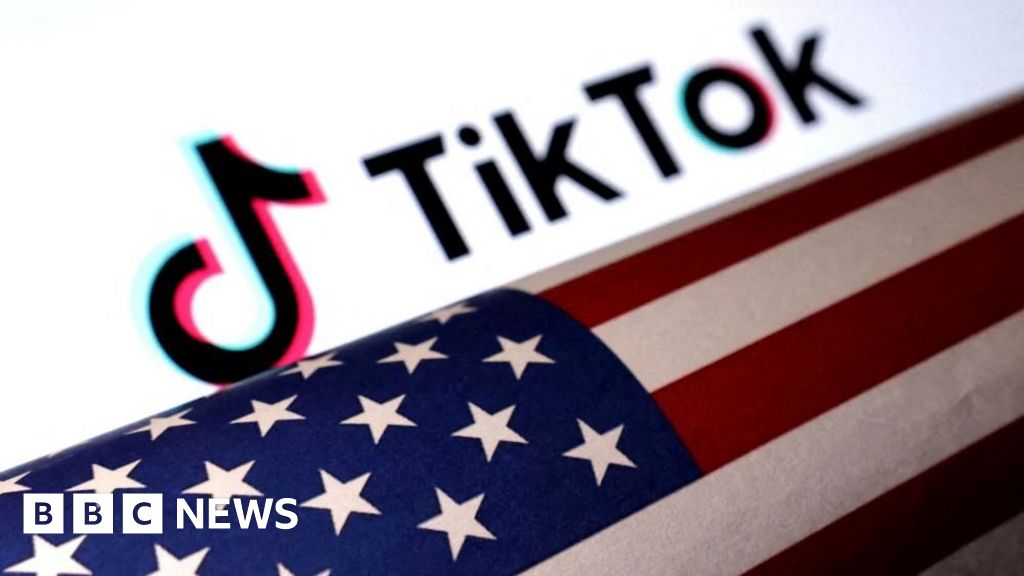TikTok to begin appeal against being sold or banned in US

TikTok will start making its case on Monday against a law that will see it banned in the US unless its Chinese owner ByteDance sells it within nine months.
The measure – signed into law by President Biden in April – has been prompted by concerns that US users’ data is vulnerable to exploitation by China’s government.
TikTok and ByteDance have always denied links to the Chinese authorities and have described the law an “extraordinary intrusion on free speech rights.”
The social media firm, which claims to have more than 170 million American users, will make its arguments before a three-judge panel at an appeals court in Washington DC.
Company representatives will be joined by eight TikTok creators, including a Texas rancher and a Tennessee baker, who say they rely on the platform to market their products and make a living.
Lawyers from the Department of Justice (DoJ) will then proceed to lay out their case.
In addition to data concerns, DoJ officials and lawmakers have expressed alarm at the prospect of TikTok being used by the Chinese government to spread propaganda to Americans.
However, advocates of America’s powerful free speech rights, enshrined in the First Amendment of the US Constitution, say upholding the divest-or-ban law would be a gift to authoritarian regimes everywhere.
“We shouldn’t be surprised if repressive governments the world over cite this precedent to justify new restrictions on their own citizens’ right to access information, ideas, and media from abroad,” said Xiangnong Wang, a staff attorney at Columbia University’s Knight First Amendment Institute.
It has filed an amicus brief – legal documents submitted by someone not a party to the case but with an interest in it, offering information or expertise, usually with the hope of influencing the outcome.
Mr Wang also criticised lawmakers for being vague about the specific national security threats that they say TikTok poses.
“We can’t think of any previous instance in which such a broad restriction on First Amendment rights was found to be constitutional on the basis of evidence that wasn’t disclosed,” he said.
But according to James Lewis, of the Center for Strategic and International Studies in Washington, the law was drafted to withstand judicial scrutiny.
“The substance of the case against TikTok is very strong,” Mr Lewis said.
“The key point is whether the court accepts that requiring divestiture does not regulate speech.”
Mr Lewis added that the courts usually defer to the president on national security matters.
Regardless of how the appeals court rules, most experts agree the case could drag on for months, if not longer.
“Nothing gets resolved next week,” said Mike Proulx, vice president and research director at analysis firm Forrester.
“This is a high stakes and very complicated conundrum that will likely go all the way to the Supreme Court.”
